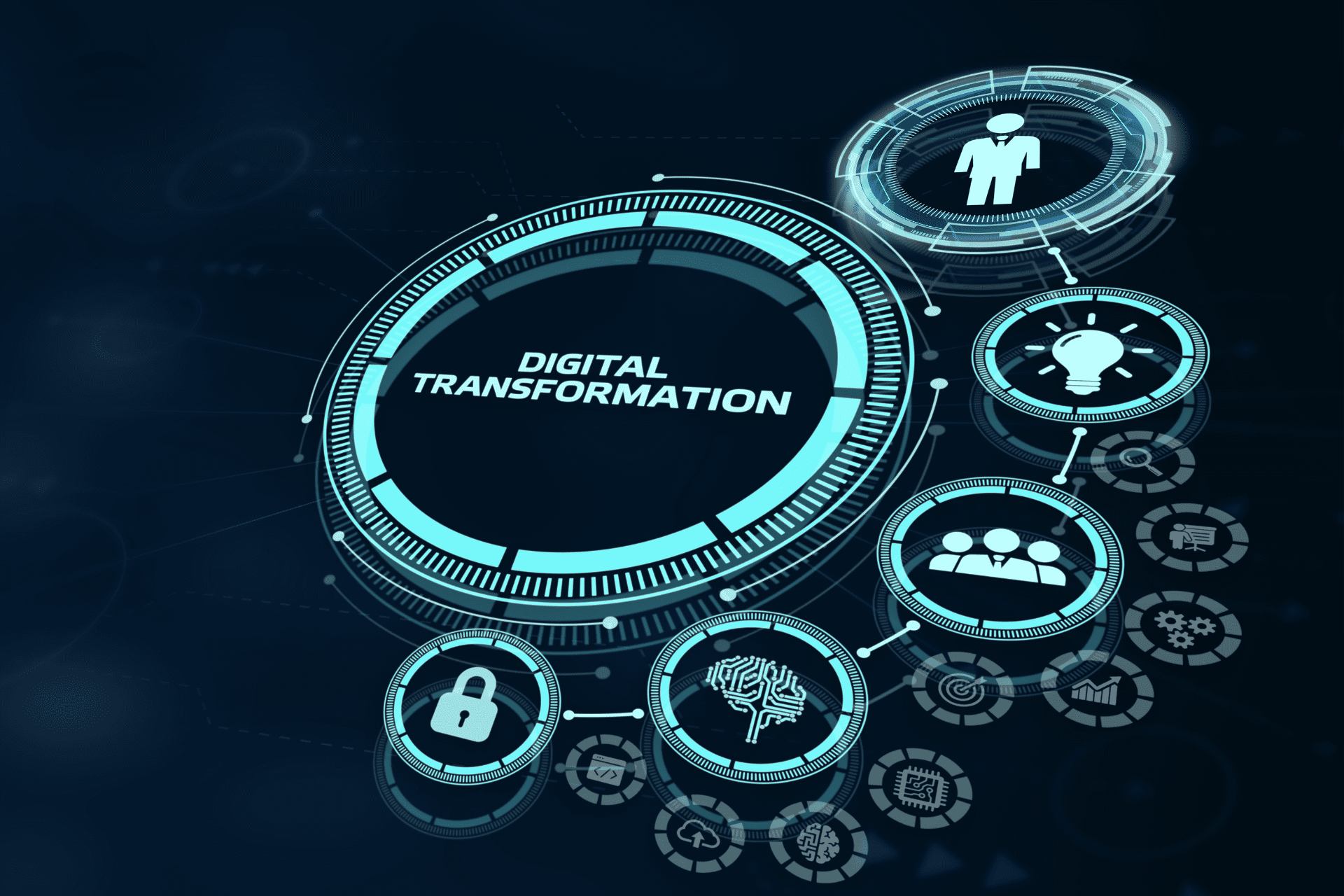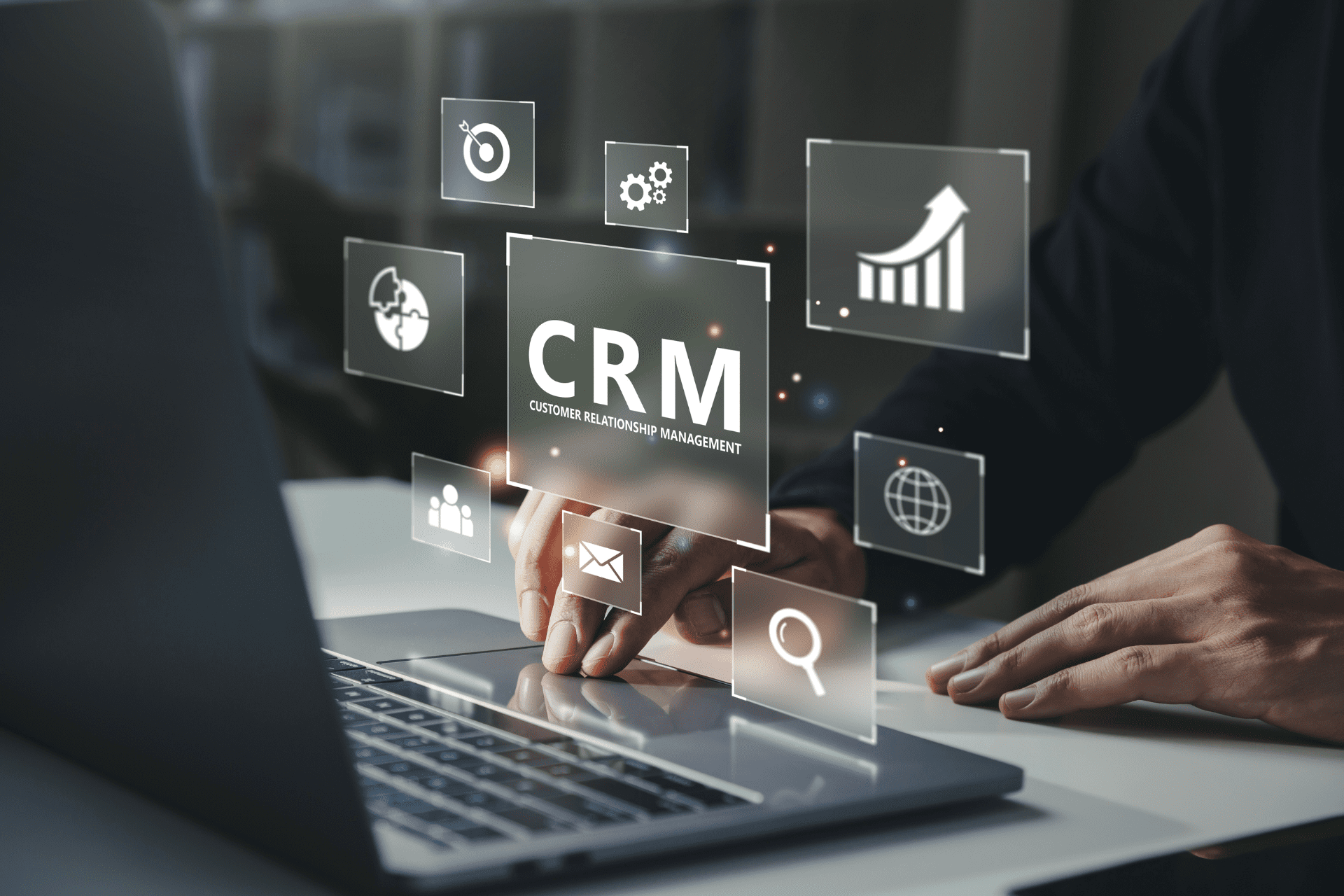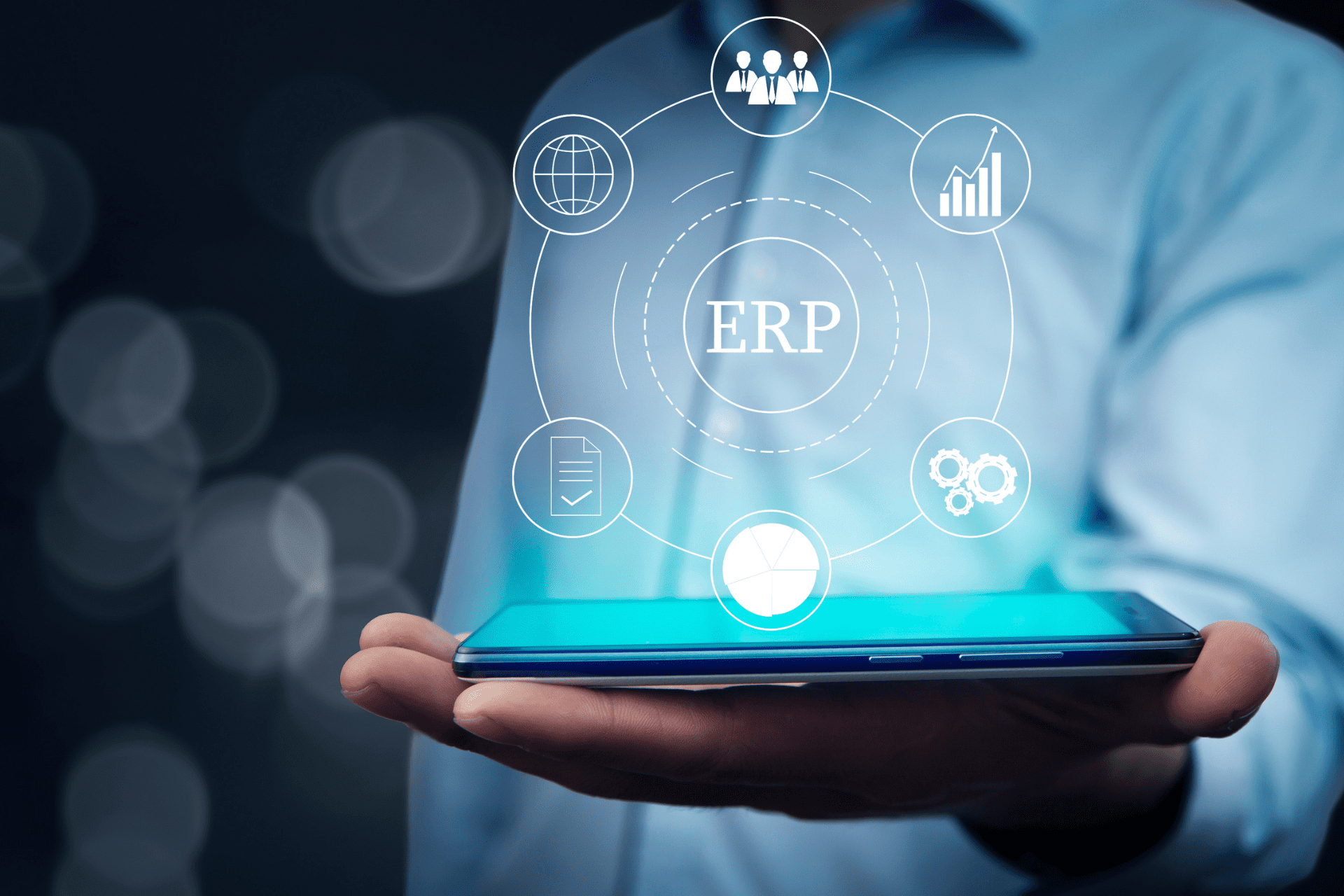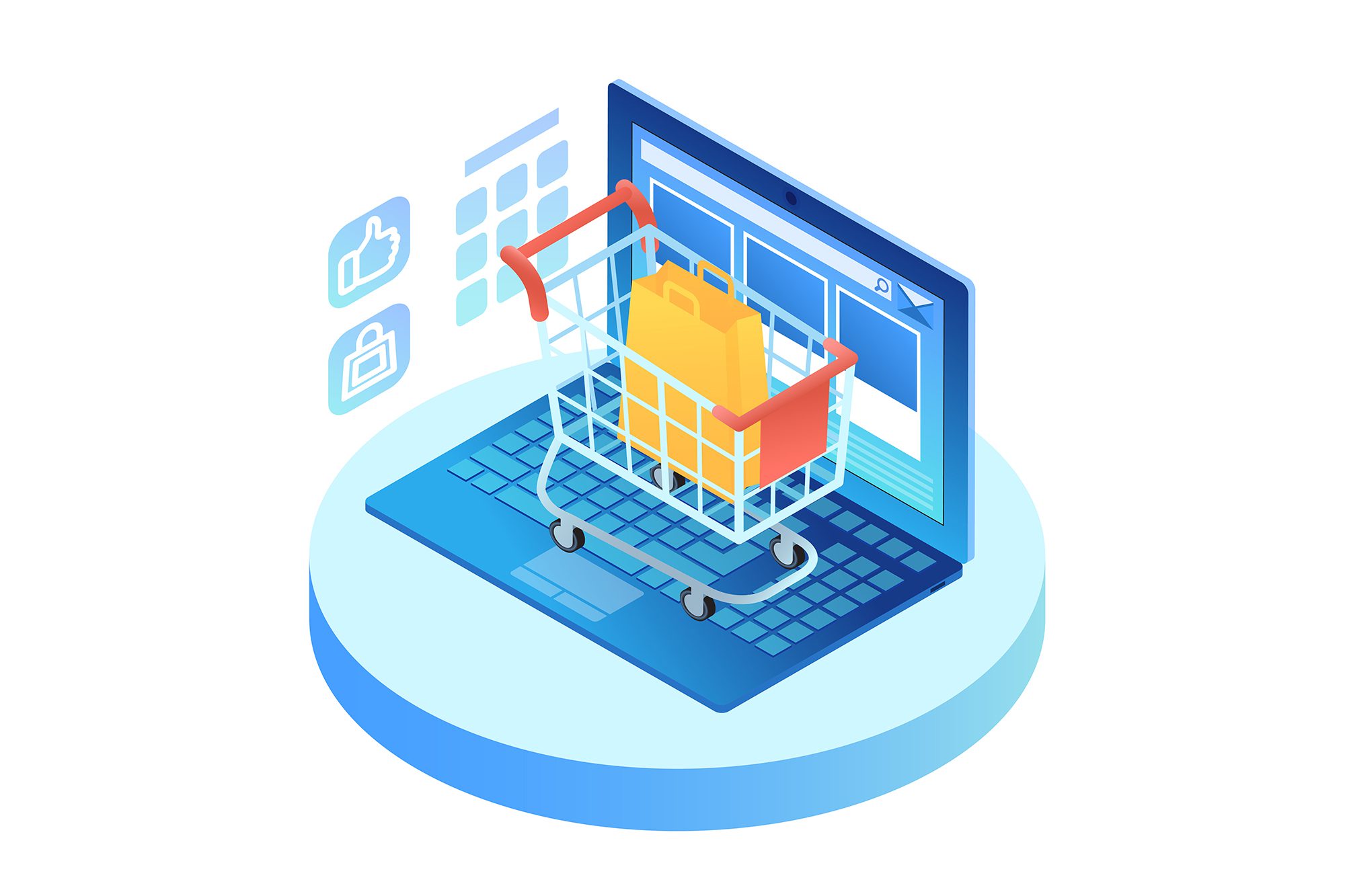Share
Read also

Trends & Views
Digital transformation strategies

Business Software
CRM 2025 market: Response to increasing customer demands

Business Software
Understanding the ERP lifecycle management

Mobility
How is EM shaping the way SMBs operate?
Full ERP and e-commerce integration will help you enhance your business processes, improve the functionality of your webstore or online catalogues, and ensure that parameters such as prices are up-to-date and always in line with market fluctuations and demand.
Improved customer experience and internal processes may be the key benefits of ERP and e-commerce integration, but they are not the only ones. Businesses that go ahead with such integration also have the opportunity to eliminate data silos, which make data inaccessible, locked within databases or apps that the ERP cannot access. Integration excels in this area, as it uses a variety of methods to connect to different data sources, easily breaking down silos and restoring unity to business data.
Another reason for investing in an ERP and e-commerce integration tool is that it significantly reduces the need for non-automated data entry. Automating the entry of information, such as customer names and address details, does much more than just save time, as it reduces the risk of human errors, such as misspelled names or incorrect addresses or email addresses.
Once customers realize that their name is misspelled on invoices, they will not just be unhappy – they are likely to look for another partner. It is obvious that address errors can lead to failed orders, which causes problems with customers and additional costs for companies as they have to fix the problems and replace the lost orders.
For businesses that put ERP at the core of their business data management, full integration with e-commerce apps means that the information is accessible and at the same time reliable and error-free, which is extremely important when your business has different office locations or remote workers who need access to business-critical information.
ERP systems that can provide reliable information to all employees are much more efficient than the alternative, where teams must constantly log into dozens of different systems to get the information they need. Information from ERP and e-commerce saves time and increases the efficiency of everyone working in the company.
As a result, it leads to improved communication among team members, departments, and partners. Marketing executives can instantly see results from recent campaigns and discuss with content creators about updates on the company’s blog or social media platforms.
Logistics managers can talk to warehouse managers about shortages, buy extra inventory when demand peaks or investigate a sharp increase in product returns before the situation deteriorates. Ultimately, better collaboration among teams means finding solutions faster while leveraging the growth of your e-commerce business in real time.







